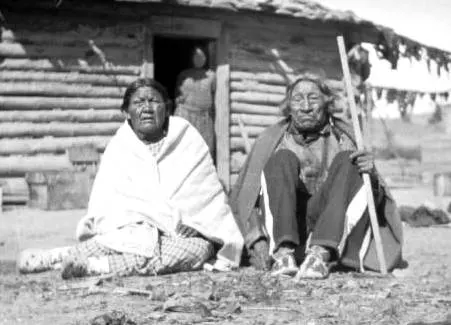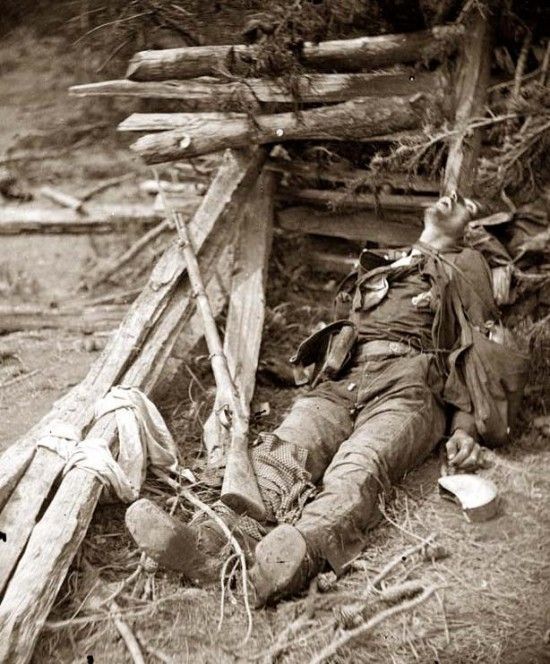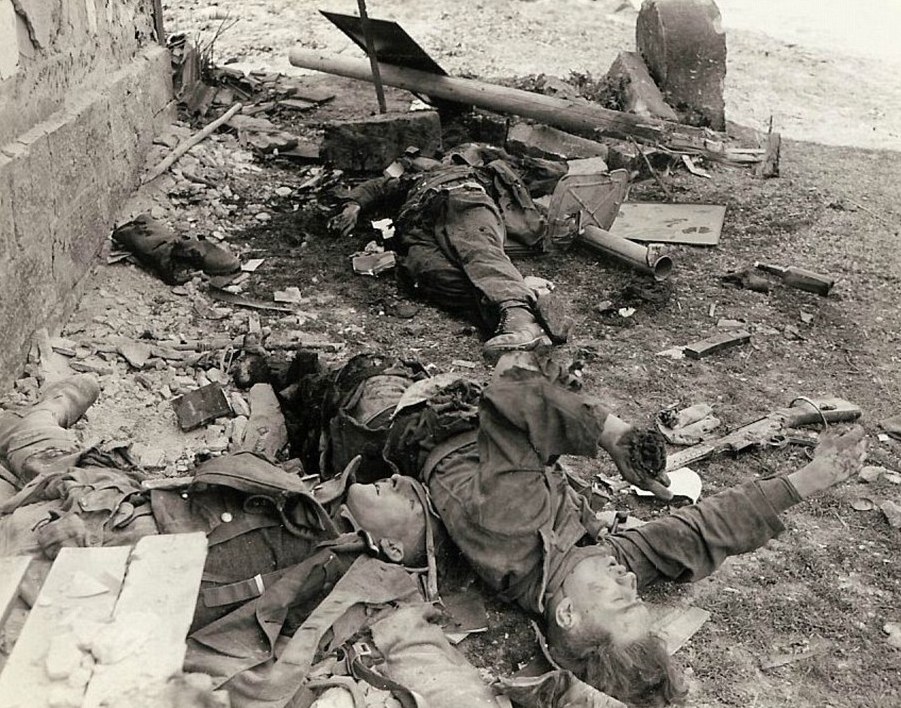A «sad story on the evening news» which prompted the following stream-of-consciousness (and shows how exciting my Sunday nights are): A fire destroyed a home north of Murfreesboro which was used as a hospital for Civil War troops. The family who lived there was refurbishing it and lost everything.
But the story caught my attention because just a few miles down the road to the south, in Shelbyville, our Great-Great-Grandfather Isaac James Pollock, spent October to December of 1862 in a similar hospital. In his case, the hospital was in and around the First Presbyterian Church of Shelbyville, a town which was known at the time as “Little Boston,” for its loyalty to the Union. It changed hands many times, the last in 1864 as the war moved out of Tennessee and further into Georgia.
Little Boston earned its nickname. Bedford County voted against seceding from the Union in 1861, by a majority of over 200 “No” votes, as did Henderson County to the west, home of the Teague branch of our family, in Lexington. Both counties sent troops to both sides, including our GGG-Uncles, Jasper and Leander Teague of Lexington, who ended up in the Seventh Tennessee Cavalry (US), and were captured by Confederate General Nathan Bedford Forrest, who got his middle name from, yes, Bedford County, where he was born and raised.
In Sgt. Isaac James Pollock’s case, his war came to a final end in Little Boston. He contracted measles and hepatitis after only two months with the Second Mississippi regiment, stationed near Bull Run in northern Virginia. He was sent home, recovered and two months later joined the new 37th Mississippi Infantry (which would be renumbered as the 34th and then the 24th as casualties mounted). He was promoted to Sergeant of Company A, the Tippah Rangers, on July 5, 1862.
After the tactical victory/strategic loss of the Army of the Mississippi at Perryville, KY, against the Union troops of Don Carlos Buell, Confederate General Braxton Bragg’s troops retreated on the long march back into Tennessee. Sgt. Pollock and the 37th, which had been in the thick of the fighting of Oct. 8, were among them. By the time they arrived in Nashville and points south, Sgt. Pollock was ill with Pthsis, a bacterial lung infection better known today as Tuberculosis.
During a war which saw two soldiers die of disease to every single soldier who died of wounds on battlefields, Sgt. Pollock spent two months in Shelbyville for treatment before being discharged to home on permanent disability. His discharge on Dec. 13, 1862, was signed by Gen. Braxton Bragg. Back home in Ripley, MS, he and the family lived through the repeated advances and retreats of both armies over the town and surrounding countryside. Eventually, they would give up life in Mississippi and move to Arkansas. Isaac James died in 1886 in Hardy, AR, at the age of 56, leaving us to wonder if his war illnesses (measles and hepatitis in 1861 and the tuberculosis of 1862) contributed to his somewhat early death.
It is worth noting that if Sgt. Isaac James had succumbed either in the maelstrom of Perryville or to tuberculosis in Shelbyville, none of us would exist. Instead, he survived to bring his son Isaac Jackson Pollock into the world. And then his grandson would marry a granddaughter of the Tennessee Teagues in 1926, bringing together the descendants of Union loyalists and Confederate die-hards. We know those two as Grandpa Curt and Grandma Lorene Pollock.













